Category: Technology
-
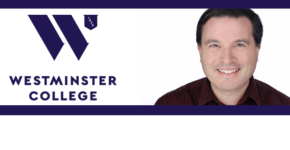
Christopher LeCluyse, Westminster College – Academic Writing as Fantasy Role Playing Game
On Westminster College Week: Gaming could help in your college writing course. Christopher LeCluyse, professor of English at Westminster College, explains why. Christopher LeCluyse began his writing center career in 1999 while completing his Ph.D. in English at the University of Texas at Austin. Since 2006 he has directed the writing center at Westminster College…
-
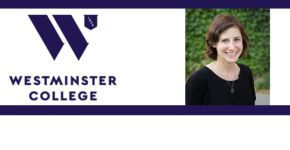
Julia Kamenetzky, Westminster College – Light Pollution
On Westminster College Week: Light pollution can have a lot of negative effects. Julia Kamenetzky, assistant professor of physics, looks into how the Park Service is documenting the effect of bright lights. Julia Kamenetzky completed a masters and Ph.D. in astrophysical and planetary sciences at the University of Colorado at Boulder. Her work focused on…
-
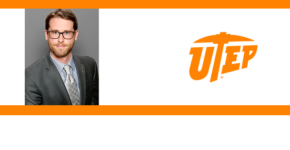
Stephen Coulthart, University of Texas at El Paso – The Perils of Border Security Technology Megaprojects
On University of Texas at El Paso Week: Borders are becoming increasingly armored as time goes on. Stephen Coulthart, assistant professor of security, examines one costly project that so far hasn’t paid benefits. Stephen Coulthart (Ph.D. University of Pittsburgh) is an assistant professor of security studies at The University of Texas at El Paso. His…
-
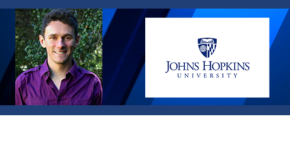
Scot Miller, Johns Hopkins University – China’s Methane Emissions
We should be concerned about China’s methane emissions. Scot Miller, assistant professor of environmental health at Johns Hopkins University, delves into why regulations might not be working as intended. Scot M. Miller, an assistant professor of environmental health and engineering, studies the emissions of greenhouse gases and air pollutants. His lab, the Greenhouse Gas Research…
-
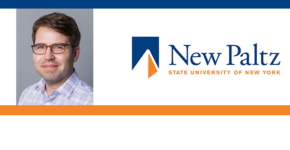
Stephen M. DiDomenico, SUNY New Paltz – Technology and Everyday Interactions
It’s hard to ignore the buzz of a new text message from your cellphone. Stephen M. DiDomenico, assistant professor of qualitative communication inquiry at SUNY New Paltz, on whether it’s harmful to our face to face communication. Stephen M. DiDomenico, Ph.D., is an Assistant Professor of Communication at SUNY New Paltz. His research broadly focuses…
-
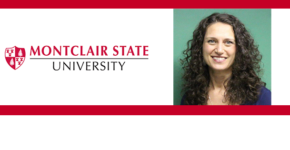
Jessica Henry, Montclair State University – Forensic Misconduct
Forensic sciences still has a fallibility – people. Jessica Henry, associate professor in the department of justice studies at Montclair State University, explores what can be done about forensic misconduct. Jessica S. Henry is an Associate Professor of Justice Studies at Montclair State University. She received her JD from New York University School of Law…
-
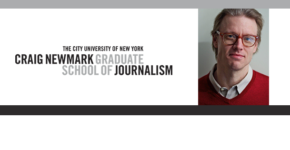
Travis Fox, Craig Newmark Graduate School of Journalism at CUNY – Drones
Some stories in the news can give drones a bad reputation. Travis Fox, professor of journalism at the Craig Newmark Graduate School of Journalism, explores how they are also used for good. Travis Fox is an aerial photographer and the Director of Visual Journalism at the Craig Newmark Graduate School of Journalism at the City…
-
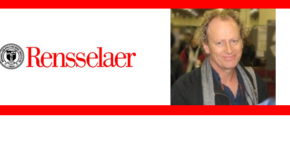
Peter Fox, Rensselaer Polytechnic Institute – Data Set Analysis
On Rensselaer Polytechnic Institute Week: Are the secrets to solving our problems hiding in plain sight? Peter Fox, professor and tetherless world constellation chair, details how it’s all in the data. Peter Fox is a Tetherless World Constellation Chair and Professor of Earth and Environmental Science, Computer Science and Cognitive Science at Rensselaer Polytechnic Institute.…
-
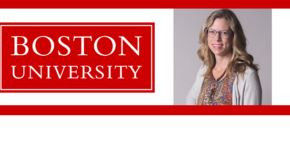
Michelle Amazeen, Boston University – Native Advertising
Watch out for ads when reading your morning news stories. Michelle Amazeen, assistant professor in the department of mass communication, advertising and public relations at Boston University, explores native advertising. Dr. Michelle A. Amazeen is an assistant professor in the Department of Mass Communication, Advertising and Public Relations at Boston University. Prior to BU, Dr.…
-
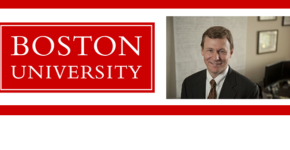
Wesley Wildman, Boston University – Computer Simulations For Studying Religion
Can computers study complex human phenomena? Wesley Wildman, professor of philosophy, theology and ethics at the Boston University School of Theology, delves into this question. Wesley J. Wildman is a philosopher specializing in the study of religion using both humanities and scientific methods (www.wesleywildman.com). Author or editor of 15 books and 120 articles, he works…
